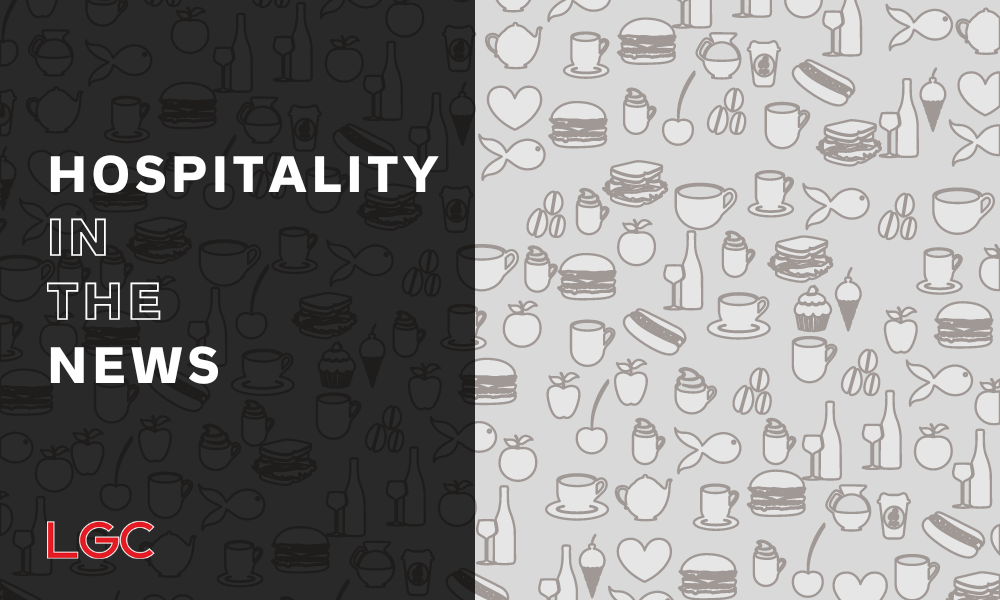Every week we comb through the news to find employment trends affecting the hospitality industry so you don’t have to. This week’s topic: the pros and cons of raising minimum wage vs tipping.
Raising Minimum Wage vs Tipping
For years, hospitality industry professionals have been trying to decide whether a wage increase or the continued method or receiving tips is the better compensation option for employees. Recently talks about raising federal minimum wage to $15/hour have reignited the conversation, prompting businesses to evaluate how tipped employees will be getting paid in the future.
There are several pros and cons for each side that affect employees and businesses (and the future of the restaurant industry). Below, we’ll cover the advantages and disadvantages for raising minimum wage vs tipping as the primary form of compensation.
TRADITIONAL TIPPED COMPENSATION
For years, hospitality employees like servers and bartenders and some hotel staff have been relying on tips from guests in order to make a living. As technology continues to advance, even the tip process advances with it, with the introduction of digital tipping. Here are some of the ways tipping can affect employees and managers:
Pros:
- Employers can keep payroll costs lower by offering the standard minimum wage (which can be even lower at restaurants to account for tipping).
- Employees at busy locations can sometimes make more money by being tipped (upwards of $50/hour).
- May motivate workers to put in more effort to receive a better tip.
Cons:
- Employees rely heavily on guests to make money.
- Some non-tipped employees may feel it’s unfair that they aren’t compensated similarly.
- If not utilizing digital tipping, some tipped positions like housekeepers or valets may not have the opportunity to receive tips if customers don’t have cash on them.
RAISING EMPLOYEES MINIMUM WAGE
The standard restaurant employee makes less than minimum wage (sometimes as low as $2.13/hour) to account for the tips they’ll receive during their shift. But this concept, which has been the norm for front-of-house employees, is being rethought due to discussions around raising the federal minimum wage to $15/hour – which some states have already begun doing. This prompts the question, should tipped employees be part of the minimum wage increase and do away with tipping altogether? Here are the pros and cons:
Pros:
- Can better control staff compensation because you’re not relying on customers to pay their salary.
- Reliable compensation could attract a more professional talent pool and allow employers to pay differently depending on experience.
- May decrease turnover because employees are more satisfied.
Cons:
- Could lower pay for employees whose tips help them make over $15/hour.
- Increasing payroll costs for employers could mean a decrease in jobs because they can’t afford to hire.
- Menu prices may increase to account for payroll increases.
For the restaurant industry in particular, raising minimum wage vs tipping is a catch 22; raising wages will undoubtedly increase costs, but could lead to building a better team that attracts more business. Use these pros and cons to help you decide what’s right for you and your team.
***
Need help with staffing? LGC can provide employees in temporary, temp-to-hire, and permanent capacities. Contact us today to learn how we can help.

